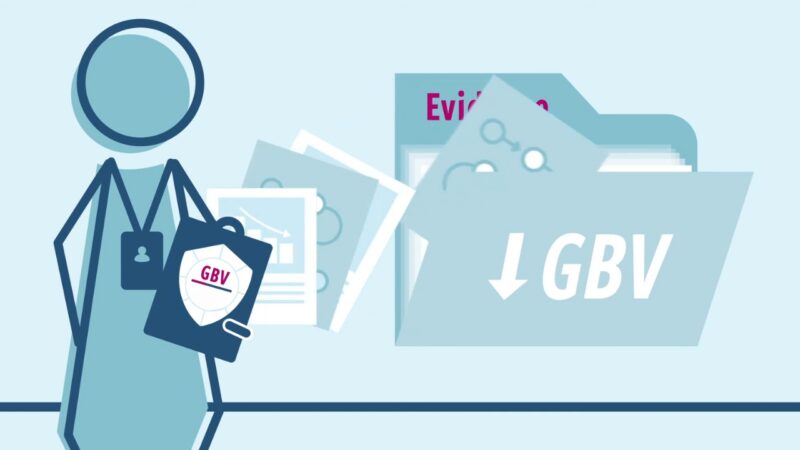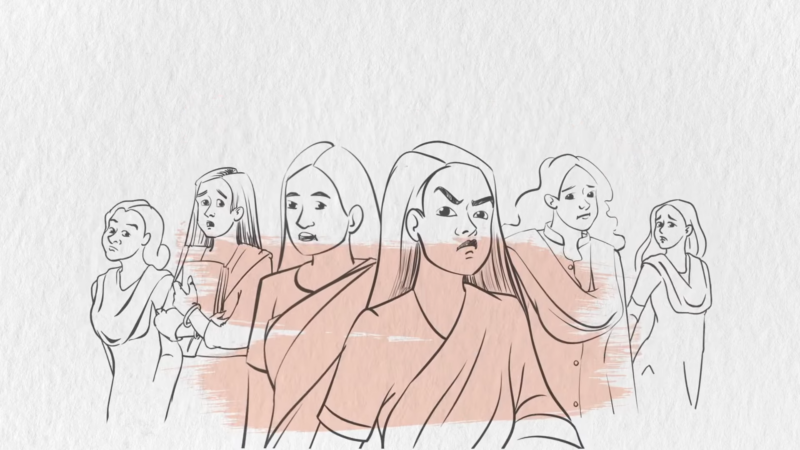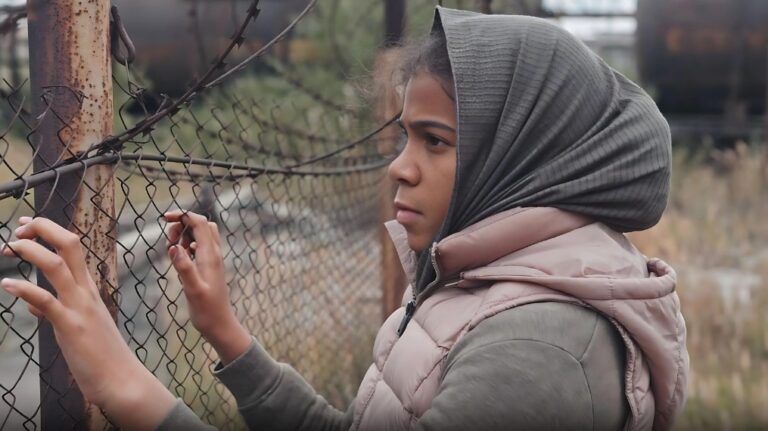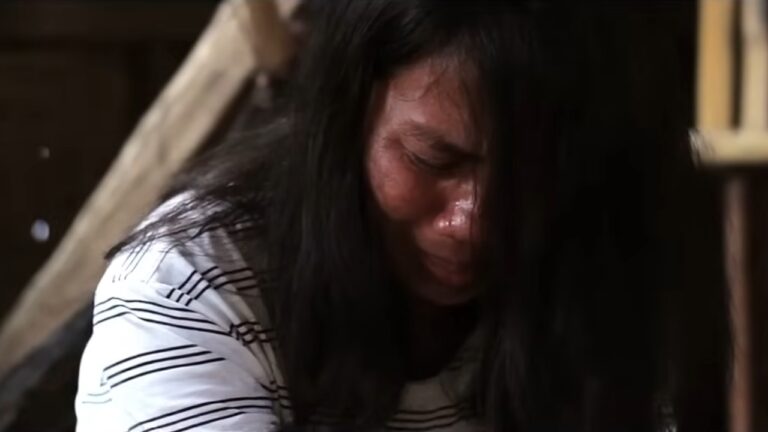Gender-based violence (GBV) remains a pervasive issue worldwide, affecting countless lives and undermining social, economic, and legal progress. As a corporate attorney and mother, I am deeply committed to advocating for gender equality and the eradication of violence against women and marginalized communities.
Addressing GBV requires pragmatic and strategic actions. Below are three targeted approaches to effectively mitigate and eventually eliminate this scourge.
1. Strengthening Legal Frameworks and Enforcement

Review and Reform Existing Laws
Legal systems often reflect and reinforce the gender inequalities present in broader society. A critical examination and overhaul of existing statutes are imperative to ensure they protect all individuals from violence.
Laws must be reformed to close loopholes that perpetrators exploit to evade punishment, ensuring that the legal system is seamless and leaves no room for abusers to manipulate legal technicalities.
Furthermore, definitions of GBV should include emerging forms such as digital harassment, which often goes unaddressed due to the novelty and evolving nature of technology. Also, penalties must be strengthened to deter future offenses, creating a robust deterrent that reflects the severity of these crimes and promotes zero tolerance.
Enhance Enforcement Mechanisms
Robust legal frameworks are ineffectual without rigorous enforcement. Law enforcement agencies must receive comprehensive training to sensitively and effectively handle GBV cases, ensuring that officers can identify subtle signs of abuse and provide appropriate responses.
They also require adequate resources to investigate and prosecute cases without undue delay, reducing the emotional and psychological toll on victims while preserving the integrity of evidence.
Finally, mechanisms to monitor and evaluate their performance in managing these cases are needed, establishing accountability and continuous improvement in handling GBV.
2. Raise Public Awareness and Education

Implement Comprehensive Educational Programs
Educational initiatives that begin early and continue throughout an individual’s life are crucial in altering perceptions and behaviors related to gender and violence. Schools should incorporate curricula that promote gender equality and respect for all, equipping students with the knowledge and skills to challenge discriminatory practices.
Additionally, training for teachers to recognize signs of abuse and to intervene appropriately is essential, ensuring that educators can act as first responders in safeguarding students.
Programs that engage parents and guardians in discussions about gender norms and violence also play a critical role, fostering a supportive home environment that reinforces the principles taught in schools.
Launch Targeted Awareness Campaigns
Awareness campaigns are essential to change public attitudes and mobilize community action against GBV. Effective campaigns should use media strategically to reach diverse audiences, utilizing platforms that cater to different demographics to spread messages widely.
Highlighting the personal stories of survivors to foster empathy and understanding personalizes the issue and highlights the human impact of GBV. Moreover, promoting clear messages about the legal consequences of perpetrating GBV is crucial, ensuring that potential perpetrators are aware of the serious ramifications of their actions.
3. Supporting Survivors

Survivors of GBV require immediate and unconditional support. To provide this, communities must establish and fund more shelters and safe spaces that respect survivors’ confidentiality and autonomy, ensuring that these facilities are accessible and welcoming to all survivors, regardless of their background.
Comprehensive healthcare that includes mental health services is also vital, recognizing the profound psychological impacts of GBV and providing holistic care. Furthermore, creating long-term economic empowerment programs for survivors helps them gain financial independence and rebuild their lives with dignity and security.
Foster Community-Based Initiatives
Local community groups play a pivotal role in supporting survivors and advocating for change. They should be empowered to develop local networks that provide immediate assistance and referrals to professional services, ensuring that support is readily available and effective.
Conducting workshops that educate community members about recognizing and responding to GBV raises public awareness and capacity to intervene. Lastly, collaborating with local businesses and authorities to secure funding and support for anti-GBV initiatives leverages community resources to sustain and expand these efforts.
The Bottom Line

Combatting gender-based violence is a complex but critical mission that requires coordinated efforts across legal, educational, and community sectors. As a legal professional and a mother, I am dedicated to leveraging my expertise and position to champion policies and practices that not only prevent GBV but also support its survivors.
I’m committed to this cause for my daughters’ future. My hope is we all play a part, in whatever way we can, to make that vision a reality. Our collective efforts will pave the way for a safer world.










